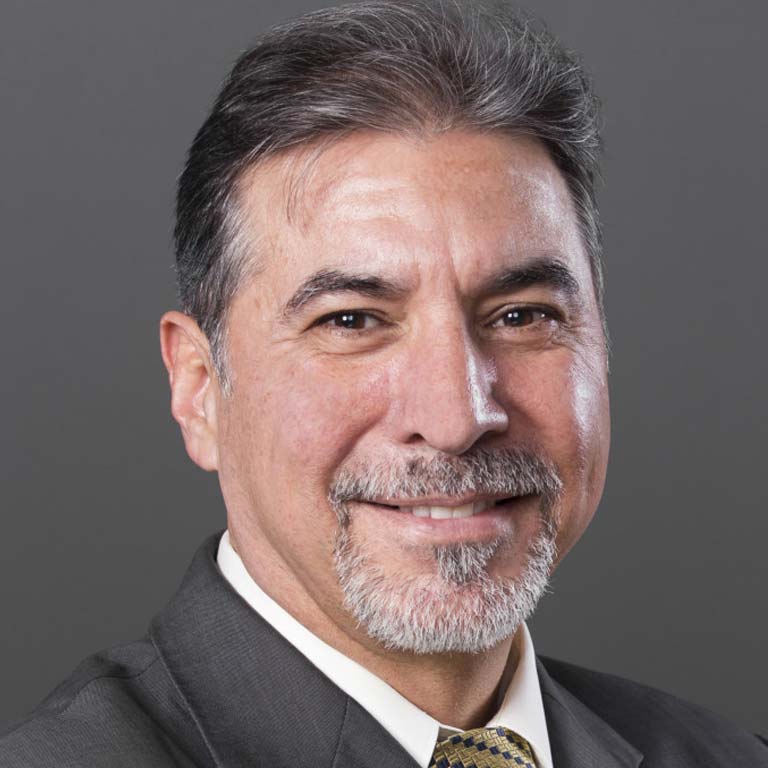Beginnings
Raised in Los Angeles, I have spent most of my life and career elsewhere: Indiana, New Mexico, New York, France, Portugal and Spain. My interest in cultures, languages and history spring from my family's roots in the hispano communities and traditions of New Mexico. Tales of Spanish grandeur that I learned on my mother's knee captured my imagination. But they perplexed me and filled me with questions. In college, I set off on a quest to discover the deeper, often troubling, truths of our past. And that journey has taken me to unexpected places.
Scholarship
As a historian, I have researched and taught histories involving Latinas and Latinos. I am especially interested in ways that culture, language, and education have shaped what it means to be an "American." My first book explores these themes. The Language of Blood: The Making of Spanish-American Identity in New Mexico, 1880s-1930s, retraces national and regional debates over New Mexico’s admission into the Union in 1912, and critically examines the decades-long evolution of a “Spanish American” identity.
In the past decade, I have retraced the cultural and intellectual movement known has Hispanism which, between the 1910s and 1940s, fueled a "boom" in the study of Spanish language, literature, and history. Hispanism not only popularized these, it also spawned relationships among scholars in the US, Spain, and Latin America. While most hispanists purported to advance a strictly "scientific" knowledge of all things Spanish, more than a few practiced Hispanism to advance ideological or political agendas. These individuals figure into my current book project on transatlantic political extremism.
Based on troves of declassified intelligence reports,"Mother Tongue, Fatherland: The Spanish Falange Secret Network in the Americas," explores how diplomacy and espionage shaped US-Spanish relations during the Spanish Civil War and World War II. The network's ostensible dissolution in 1943 helped pave the way for strategic diplomacy which, eventually, made Cold War allies out of two unlikely partners: one authoritarian, the other democratic.
Leadership
At several moments during my career, I have been entrusted with the mantle of leadership. Most recently, I served as Vice Provost for Diversity & Inclusion for the Bloomington campus as we developed and implemented strategies to diversify our campus at every level. What has guided me in this and other roles (as a mentor, educator and editor) has been my desire to serve the common good in meaningful ways and to create opportunity for others (and myself) to grow and prosper.
Service
Among the many rewards of teaching has been my engagement in community-facing scholarly work, including the development of a Service Learning course option that immerses my students in volunteer work, promoting family literacy among Indiana's immigrant communities. I also have enjoyed mentoring students and developing and directing IU Study Abroad programs in Aranjuez, Spain, that also involved Service Learning components. For the past several years, I have served as the Ford Foundation Fellows Regional Liaison for the Midwest and as a Director on the Board the School for Advanced Research (SAR) in Santa Fe, New Mexico.

 The College of Arts + Sciences
The College of Arts + Sciences